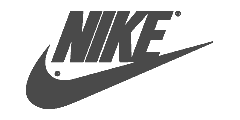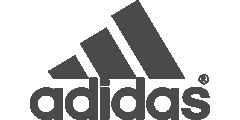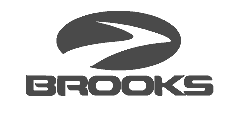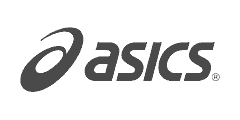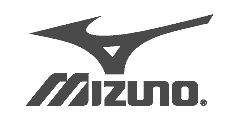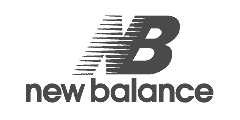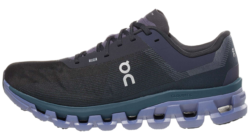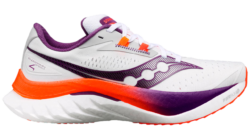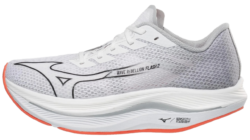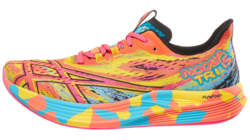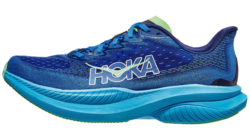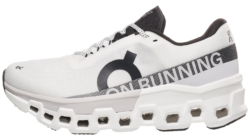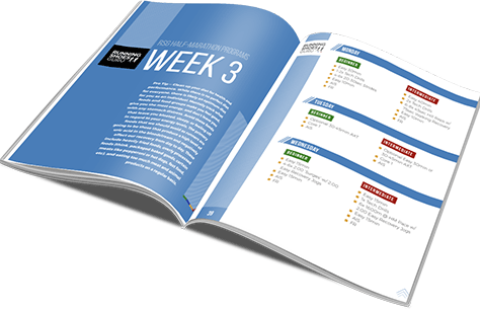The most unique thing about the CloudRush shoes — and their biggest selling point — is the 18 small rubber pods on the bottom that collapse and compress when the runner strikes the pavement. This pod technology adds responsiveness to each step the runner takes.
On Cloudrush General Info
The shoes (8.1 ounces) are very light, thanks to a lot of mesh up top. That helps cool the feet on hot summer days and makes for an interesting design.
However, the makeup of the shoe (21mm heel, 16mm toe, 5 mm drop) prompts concerns about durability. Its lightweight design is great for those looking for speed.

On Cloudrush – Top
But, compared with similar shoes, I don’t have great confidence that I will be able to log the 400-500 miles that my shoes regularly get me through.
And another interesting note about the Cloudrush, which has a sleek black, white and gray design: While the shoes may appear to be boring color choices, ON has wisely chosen safety over vibrancy.
The white and silver contain reflective elements that allow runners to be seen at night. (Note: I have not tested this thoroughly, but when running at night runners should have some combination of reflective clothing, headlamp and/or another light source for safety.)
On Cloudrush Sole Unit
The Cloudrush’s sole is extremely thin yet firm and nimble. Its high-grade EVA CloudTec midsole is built for speed and is paired with something called Speedboard, which is a thin Pebax lining that aids the runner as he/she changes speeds.

On Cloudrush – Sole
This combination makes the shoe flexible and supports the runner through turns, changes in speed, hills or other adjustments to speed.
For me, the sole is actually too thin. On training runs up to 5 or 6 miles, the thinness doesn’t factor into performance.
However, I cannot imagine wearing these on longer runs. I would prefer some additional support, especially on longer runs and as the miles add up on the shoe.
On Cloudrush Upper Info
The most noticeable feature about the upper is the thin, lightweight mesh covering. During my test runs, the temperature at times was easily 80 degrees or higher. But I never had a sensation of heat in my feet while wearing the Cloudrush.

On Cloudrush – Top
Additionally, an exoskeletal taping adds to the lightness felt in the upper part of the shoe. I really like the design of the upper. In fact, ON takes great pains in the little details.
For example, the logo jumping out from the tongues of each shoe is a nice little touch that adds to the overall slick design of the shoes.
The perforated tongue is thin and a little flimsy, and take a little getting used to. But, like the rest of the upper, it provides comfort and breathability.
On Cloudrush Conclusions
I had been looking forward to trying out my first pair of Swiss-engineered ON shoes. They are definitely unique in a number of ways, primarily the rubber lugs that allow the runner a solid pushoff.
Among the Cloudrush’s competitors are the Brooks Neuro 2, a shoe that I have also reviewed. I am still wearing the Neuros and favor them over the Cloudrush for training runs.
The Neuros have a toe box wide enough to allow the toes to splay out naturally without the runner feeling like he or she is wearing clown shoes. And for me, the Neuros are simply just more comfortable.
The Cloudrush are definitely lightweight but firm, often a good combination for training runs and speedwork. While the design is sleek, the lightness of the shoes is too much — not the weight but the feel of the shoes.
For those looking for a lightweight, responsive shoe for shorter races, the Cloudrush could be an ideal fit. But I would caution about planning on it for longer races or for those who prefer a more comfortable fit.
We purchased a pair of On Cloudrush from runningwarehouse using our own money. This did not influence the outcome of this review, written after running more than 50 miles in them.
ON Cloudrush Price Comparison
This page contains affiliate links. As an Amazon Associate I earn from qualifying purchases.
